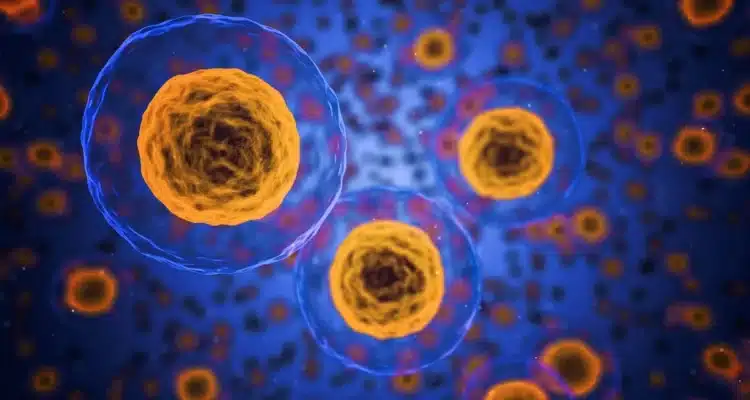I was a member of our neighborhood book club for over twenty years. It was, and still is, a highly functional group, and yes, we read the books! People came and went as life circumstances changed, kids grew up, and families moved on, but the group is still going strong. When my husband and I sold our home and hit the road to check off some bucket list items, I had to leave my beloved book club behind, but I’m grateful for their continued friendships and for finding us some really terrific reads over the years.
For the next few months, I’m going to share my favorite book club reads from that book club. While I certainly enjoyed some stories better than others, every title I’ll share with you generated healthy, interesting discussions for us, and I suspect they will for your book club too.
First up, The Immortal Life of Henrietta Lacks. Do you remember reading about, or perhaps even using, HeLa cells, the first ‘immortal’ line of human cells widely available for scientific research, in biology class? When Rebecca Skloot’s book released, I remember being really excited to learn more about this, and then feeling shocked and disappointed by the way Henrietta’s family had been treated. The themes in the book are ripe for discussion, and the ethical conversations still as relevant to science and medicine today as they were years ago. While I never watched the HBO movie version, the book was compelling, well-researched, and eye-opening. Here are a few questions to guide your book club discussion:
- One of the central themes in the book is the concept of “HeLa” cells and their invaluable contribution to scientific progress. How did you react to the idea that Henrietta’s cells were taken without her knowledge and consent?
- The book explores the lives of Henrietta’s descendants, who also had no idea about her immortal cells for many years. What were your thoughts on the Lacks family’s experiences, and how they reacted to learning about Henrietta’s contribution to science?
- Did this book change your perspective on medical research and patient consent? If so, how?
- Rebecca Skloot’s own journey to uncover Henrietta Lacks’ story is an important part of the narrative. How did her personal involvement in the story affect your reading experience?
- Discuss the role of faith and spirituality in the Lacks family’s lives and how it intersects with their experiences related to Henrietta’s cells.
- The book highlights issues of race, class, and medical ethics. How do these themes resonate with contemporary discussions in science, healthcare, and society as a whole?



